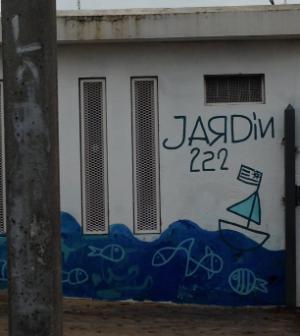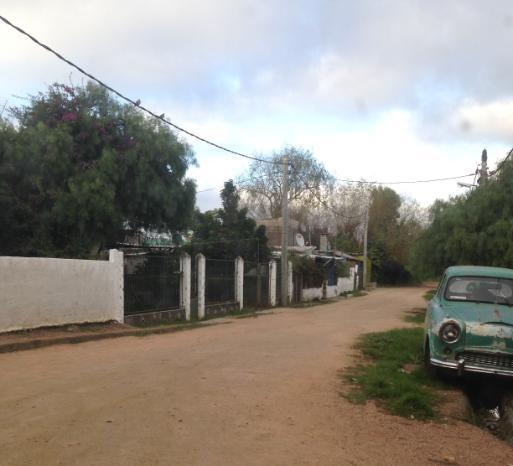Summary
Through interviews and a large-scale survey, this project mobilised public opinion and motivated policymakers to address the sharp increase in gang-related violence in Montevideo, Uruguay. Dr Tiscornia and the research team collected data about over 2,600 neighbourhood residents’ experiences with criminal gangs. The team learned that, in the sample, gangs exhibit both nonviolent behaviours (like receiving donations, or the provision of basic goods) and violent ones (like threats or evictions). As a result, leading media outlets (including newspapers, tv, radio) with nationwide coverage reached out to learn more about the findings and disseminate the research, mobilising public opinion. Politicians and policymakers (both local and international) also approached the team to learn about the project and used it as a basis to design new policies and to make cabinet members in Uruguay accountable.
Research description 
Using innovative tools adapted to identify hidden populations, the team found that 15 to 25 percent of the sample had been exposed to various gang behaviours. Based on prior research in other contexts, a higher prevalence of violent behaviours relative to nonviolent ones was expected, but it was found that nonviolent behaviours are equally common. This suggests that lessons from other contexts cannot be directly applied to Uruguay.
68 in-depth interviews were conducted between 2021 and 2023, and a survey of over 2,600 residents between January and March 2023, to investigate the behaviour of criminal gangs in Montevideo, the capital of Uruguay. Existing research on Latin American criminal gangs suggests that these groups are present in very violent parts of the world, and in geographical areas lacking government services. For this reason, it was surprising to observe them in Uruguay, a country where violence is low and government services are extensive. This project is the first systematic exploration of criminal gangs in Uruguay, and the first to devise a theory of gang behaviour in the case of a location with low violence and high welfare provision in Latin America. The research found that maintaining extensive government services is key to keeping gangs from growing and consolidating. These findings have contributed to raising awareness of this problem among the citizenry and informing the policymaking process.
 This project created unprecedented dialogue at the national level in Uruguay about a topic that is difficult to research and for which there is currently no existing policy. The project was the first of its kind and provided evidence for policymaking. The research team discussed the results with representatives of the Ministry of Interior with a view to making future changes to the existing security policy. Representatives of the Ministry publicly highlighted the value of the research findings and the Minister subsequently held a
This project created unprecedented dialogue at the national level in Uruguay about a topic that is difficult to research and for which there is currently no existing policy. The project was the first of its kind and provided evidence for policymaking. The research team discussed the results with representatives of the Ministry of Interior with a view to making future changes to the existing security policy. Representatives of the Ministry publicly highlighted the value of the research findings and the Minister subsequently held a